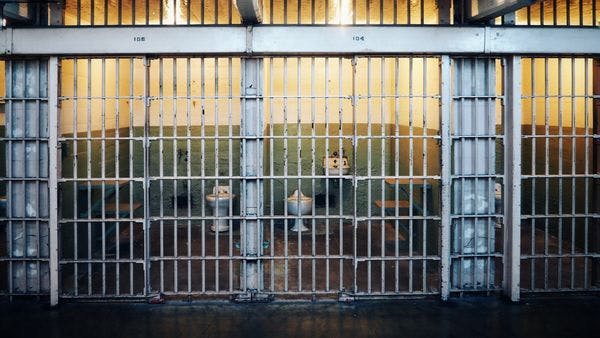Unsplash - Umanoide
Le système onusien s'accorde sur les priorités visant à s'attaquer aux problèmes pénitentiaires mondiaux dans sa première « position commune sur l'incarcération »
La publication identifie le recours généralisé à l'emprisonnement comme une crise « aiguë ». Pour en savoir plus, en anglais, veuillez lire les informations ci-dessous.
For the first time, the United Nations system has issued a common position on incarceration which was unveiled at an event on the side-lines of the annual UN Commission on Crime Prevention and Criminal Justice last month. It comes after a year where prisons have faced unprecedented challenges brought by the COVID-19 pandemic, but many of which stem from systematic, long-standing problems that have remained unaddressed for decades. In our recently published Global Prison Trends 2021 report, we detail the level of crisis in many prisons globally exposed by the pandemic alongside examples of progress and reform brought by it. Many of the enduring issues in our report that affect the 11 million people in prisons globally, and the many more affected by criminal justice policies, are touched upon in the common position.
With a record number of people in prison globally the weight given to addressing the ‘current overreliance on and implementation of incarceration’ is welcomed, and very much needed. Drivers of the increase in the use of prison cited include the lack of alternatives to imprisonment available to a judge or a reluctance to apply them, ‘zero tolerance’ policies and populist rhetoric calling for stricter law enforcement and sentencing, including the increase in life imprisonment.
The impacts of using prison as a ‘default’ are stated unequivocally, including prison overcrowding – described as an ‘acute’ crisis.
Régions
Profils associés
- United Nations
